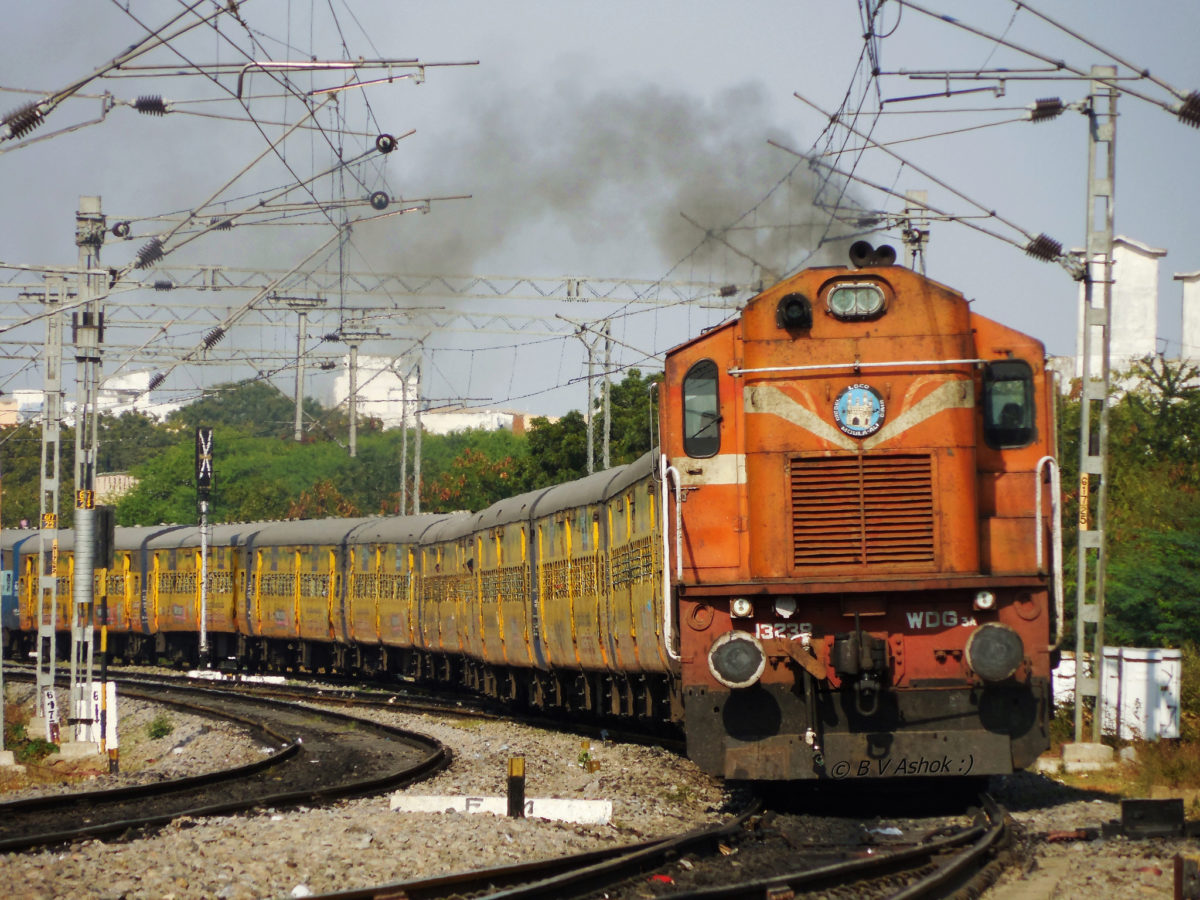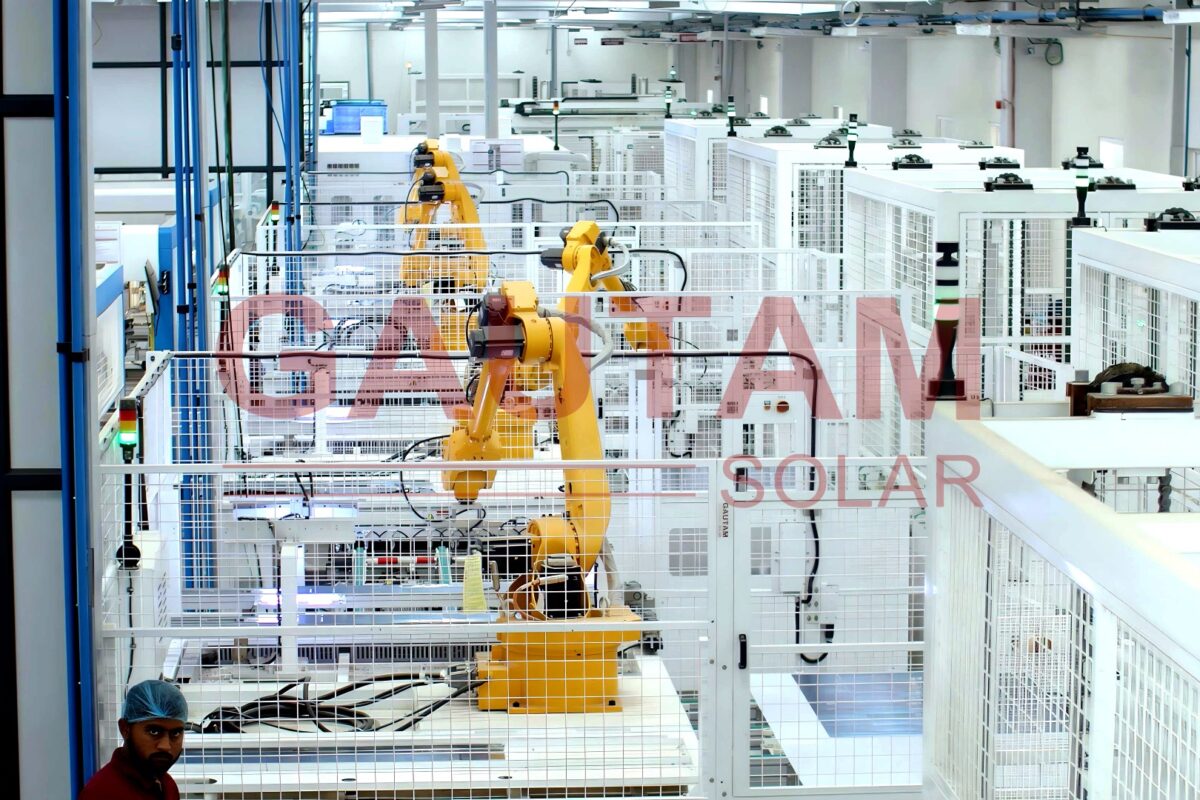The Asian Development Bank (ADB) has signed an agreement to provide Indian Railway Finance Corporation (IRFC) with $750 million equivalent in Indian rupees for long-term financing of Indian Railways’ track electrification project. Said to be the largest single nonsovereign loan ever committed by ADB, the fund will help Indian Railways transition to electric power and away from dependence on fossil fuels.
IRFC, an entity owned by the Government of India, will use the proceeds from the loan to install electric traction equipment along approximately 3,378 km of existing railway lines, which will enable the migration of passenger and freight traffic from diesel to electric traction.
The Government of India has placed significant emphasis on investing in infrastructure, and has developed a 5-year, $132 billion capital expenditure program for the modernization of Indian Railways. The electrification of railway tracks is part of this master plan, which is critical for the movement of goods and people within the country.
The ADB funding provides the much needed push for Indian Railways’ Go Green initiative.
In January, pv magazine reported that Indian Railways, which aims to become a net zero emitter by 2030, has committed to developing 5 GW of solar by 2025. To reduce its annual electricity bill, it plans to run trains powered by solar power from arrays of PV cells deployed along electrified tracks in 10 states. The solar power generated will replace 4 GW of coal-fired electricity consumed by the railways, saving the operator 20% of its annual energy bill in the first year and 40% thereafter. Indian Railways currently buys electricity for around Rs5 per unit.
This content is protected by copyright and may not be reused. If you want to cooperate with us and would like to reuse some of our content, please contact: editors@pv-magazine.com.









By submitting this form you agree to pv magazine using your data for the purposes of publishing your comment.
Your personal data will only be disclosed or otherwise transmitted to third parties for the purposes of spam filtering or if this is necessary for technical maintenance of the website. Any other transfer to third parties will not take place unless this is justified on the basis of applicable data protection regulations or if pv magazine is legally obliged to do so.
You may revoke this consent at any time with effect for the future, in which case your personal data will be deleted immediately. Otherwise, your data will be deleted if pv magazine has processed your request or the purpose of data storage is fulfilled.
Further information on data privacy can be found in our Data Protection Policy.